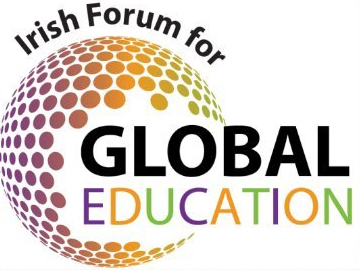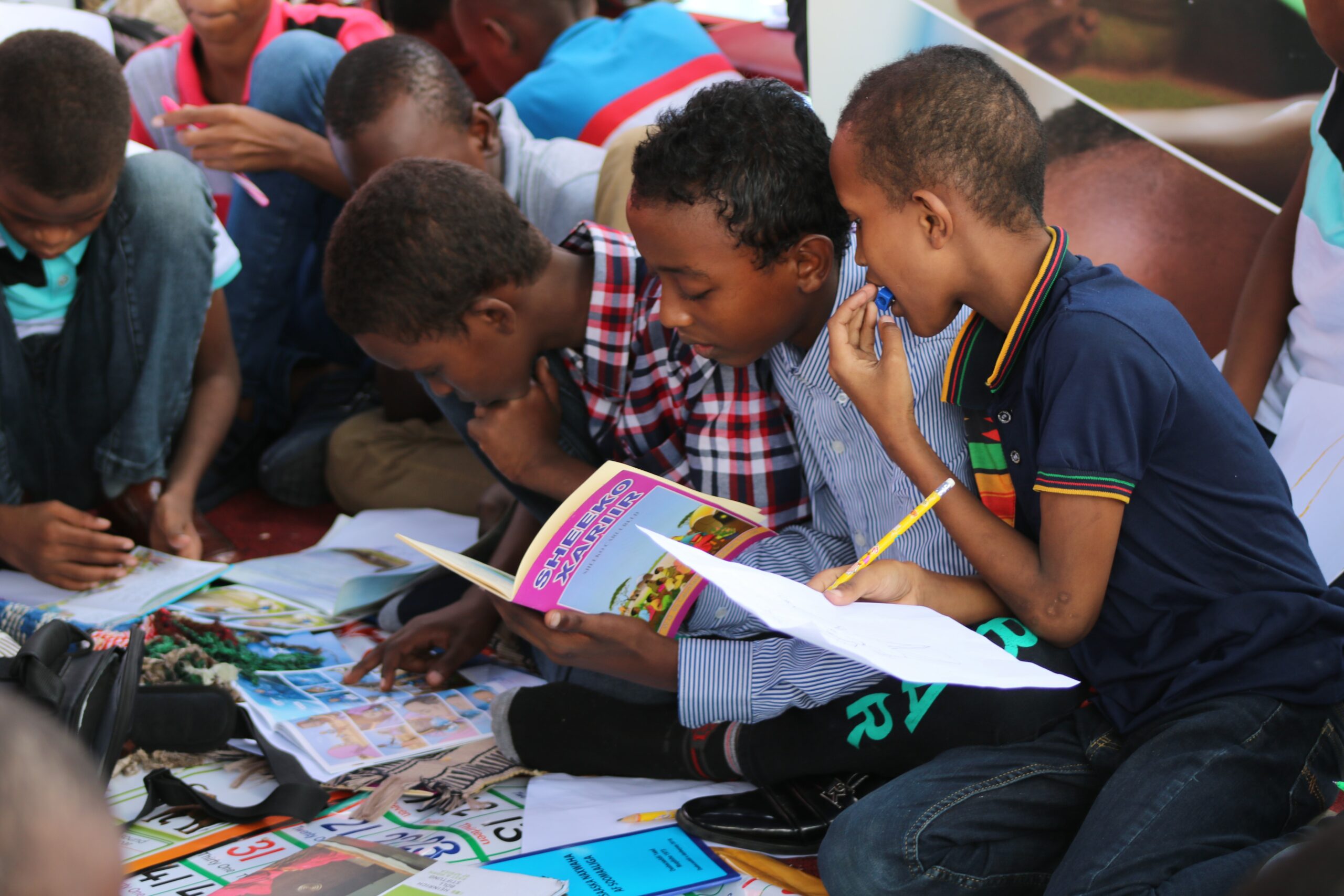if I want to understand decolonization in simpler terms, the word is ‘power.’ Understanding and power in all its terms, race, caste, age, languages, geographical location, and sexual identity, what you represent, what influencing power you have in politics.”
Liam Kahenga, Zimbabwe National Students Union (ZINASU)
According to Inter- Agency Network for Education in Emergencies (INEE), Decolonization is the active resistance against colonial powers, and a shifting of power towards political, economic, educational, cultural, psychic independence and power that originate from a colonized nation’s own indigenous culture. This process occurs politically and also applies to personal and societal psychic, cultural, political, agricultural, and educational deconstruction of colonial oppression.
Decolonising teaching and learning
INEE’s blog on the relevance of equity based thinking for education in emergencies (EiE) concluded that the politics of knowledge production and whose knowledge matters is at the heart of education. Speaking to colleagues who studied Education and International Development at university, despite these degrees focusing on education in formerly colonized lands and settler-colonial nations, rarely did their reading lists reference racism, coloniality, critical education thinkers like bell Hooks, Paulo Freire, Ngũgĩ wa Thiong’o or decolonial scholars like Franz Fanon.
The post-colonial African leaders’ education initiatives such as Nyerere’s Education for Self Reliance in Tanzania, Nkrumah’s Education plans in Ghana, and contemporary indigenous knowledge systems, like Southern Africa’s Ubuntu communitarian philosophy of education, were absent from syllabuses.
Decolonising Education financing
Decolonising education financing – the theme of this year’s Global Action Week for Education – rests on decolonising the very concepts of development, state management, public policy, working relationships, pedagogical approaches and collaboration between peoples and their governments.
At system level decolonial approach to education financing must support decolonial pedagogy and provide the education community, trade unions and governments with the tools needed to dismantle the structures, norms and values that serve Western colonialism and that, to date, have fuelled the economic drivers of inequality.
Decolonising education financing rests on ensuring that both the origin of the resources and their destination break with the cycle of colonial oppression and do not produce new cycles of racial, class, gender and knowledge hierarchies.
To meet these requirements, these resources must be generated by a fiscally-just tax system or solidarity funds that are free from conditionalities and control agendas. These resources must also support decolonial education policies, shaped by the knowledge and proposals of the peoples who hold the right to education.
For all these reasons, a decolonial approach to education financing must support a feminist, egalitarian educational policy that dismantles the extractivist economy and promotes peace, sovereignty and solidarity among peoples.
The Global Partnership for Education (GPE) recommends 4 key action points to policymakers and education stakeholders.
- Recognition of and clear acknowledgment that colonization in education has taken place;
- Curriculum reform for more inclusive and indigenous education curricula;
- Allocation of funds to youth initiatives towards decolonizing education, in the form of grants and other financial support to youth organizations championing the fight for decolonized education financing; and
- A national review of education policies to create further recommendations on decolonizing education systems and education financing.
Concluding thoughts
The Call for Action on Financing Education agreed at the Heads of State Transforming Education Summit lays the foundation for this decolonisation – calling for national and global action on tax, action on debt and action of resisting austerity and public sector wage bills cuts. The focus is on mobilising the 97% of resources that are domestic, pushing back against the power of donors who dedicate just 3% of education resources but often have over 90% of the power. Decolonising education financing is about looking at the power dynamics at every level of decision-making, to ensure a democratic and inclusive process – Arthur Larok
Useful links.
https://www.gce-us.org/decolonizing-education-through-diplomacy/
https://inee.org/blog/why-equity-based-design-thinking-key-decolonising-eie


